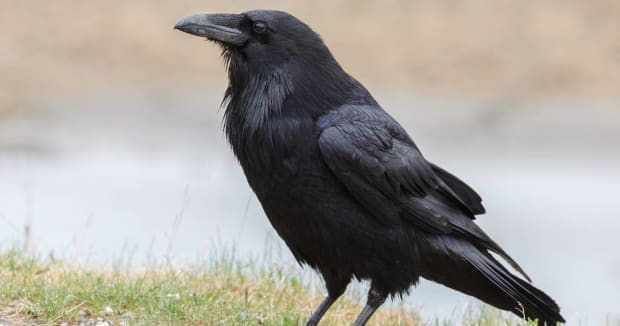Psychology Prize: Anita Eerland and Rolf Zwaan [The Netherlands] and Tulio Guadalupe [Peru, Russia, and The Netherlands] for their study Leaning to the Left Makes the Eiffel Tower Seem Smaller
.
Peace Prize: The SKN Company [Russia], for converting old Russian ammunition into new diamonds.
Acoustics Prize: Kazutaka Kurihara and Koji Tsukada [Japan] for creating the SpeechJammer — a machine that disrupts a person’s speech, by making them hear their own spoken words at a very slight delay.
Neuroscience Prize: Craig Bennett, Abigail Baird, Michael Miller, and George Wolford [USA], for demonstrating that brain researchers, by using complicated instruments and simple statistics, can see meaningful brain activity anywhere — even in a dead salmon.
Chemistry Prize: Johan Pettersson [Sweden and Rwanda]. for solving the puzzle of why, in certain houses in the town of Anderslöv, Sweden, people’s hair turned green.
Literature Prize: The US Government General Accountability Office, for issuing a report about reports about reports that recommends the preparation of a report about the report about reports about reports.
Physics Prize: Joseph Keller [USA], and Raymond Goldstein [USA and UK], Patrick Warren, and Robin Ball [UK], for calculating the balance of forces that shape and move the hair in a human ponytail.
Fluid Dynamics Prize: Rouslan Krechetnikov [USA, Russia, Canada] and Hans Mayer [USA] for studying the dynamics of liquid-sloshing, to learn what happens when a person walks while carrying a cup of coffee.
Anatomy Prize: Frans de Waal [The Netherlands and USA] and Jennifer Pokorny [USA] for discovering that chimpanzees can identify other chimpanzees individually from seeing photographs of their rear ends.
Medicine Prize: Emmanuel Ben-Soussan and Michel Antonietti [France] for advising doctors who perform colonoscopies how to minimise the chance that their patients will explode — via redwolf.newsvine.com















 RSS – Posts
RSS – Posts